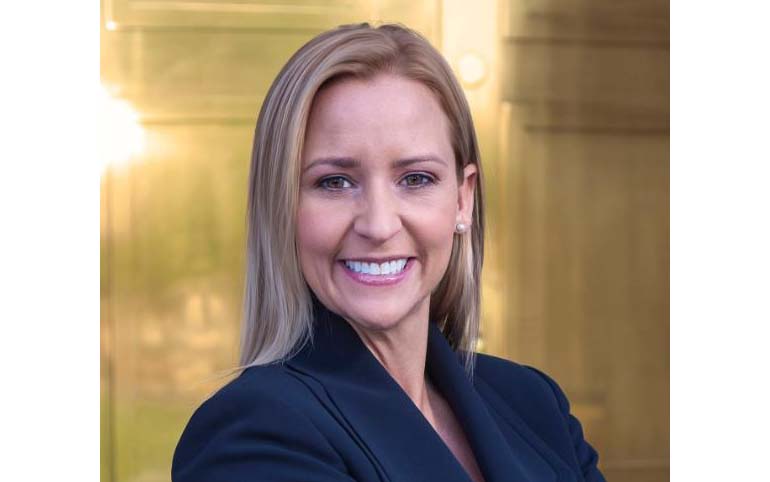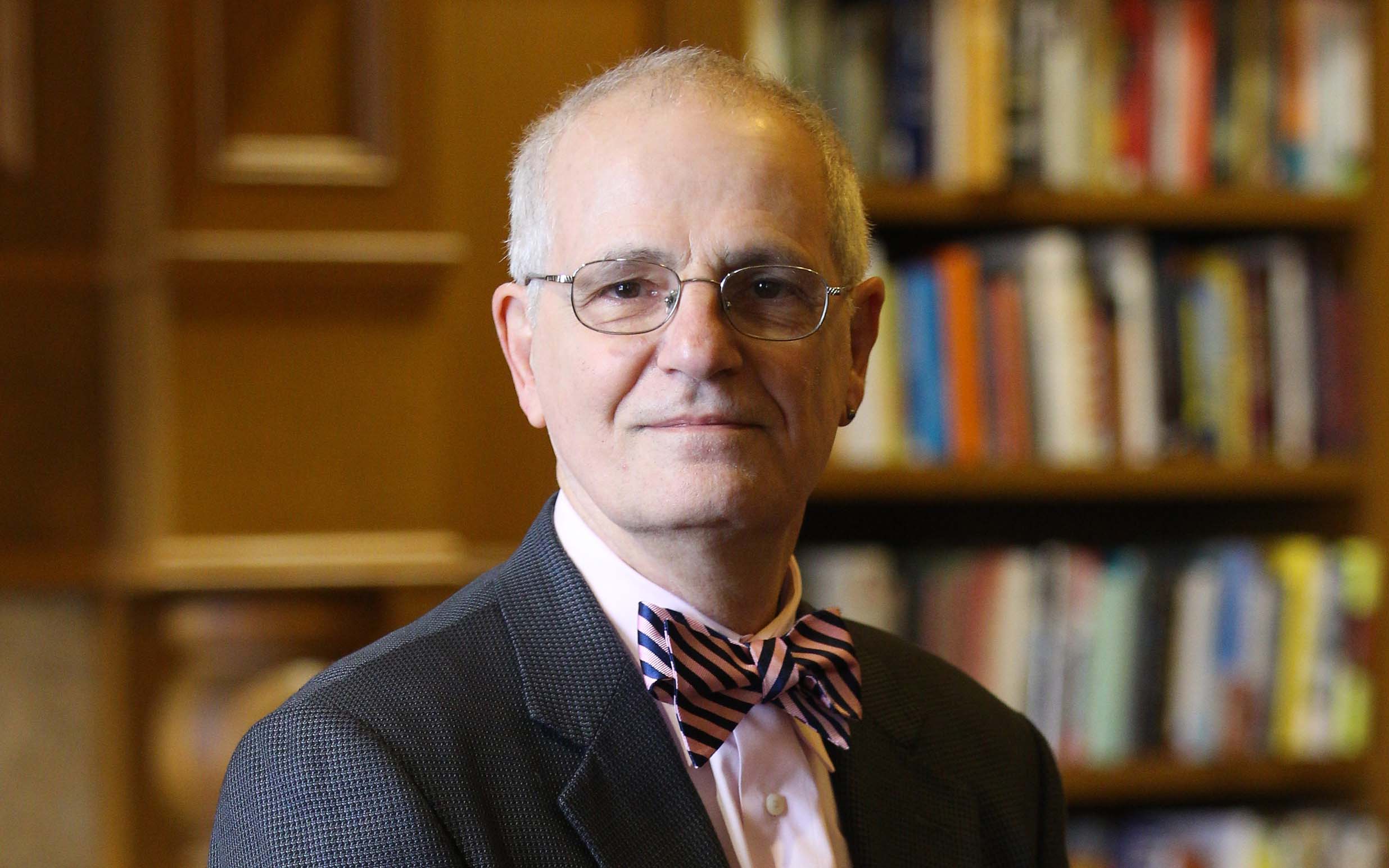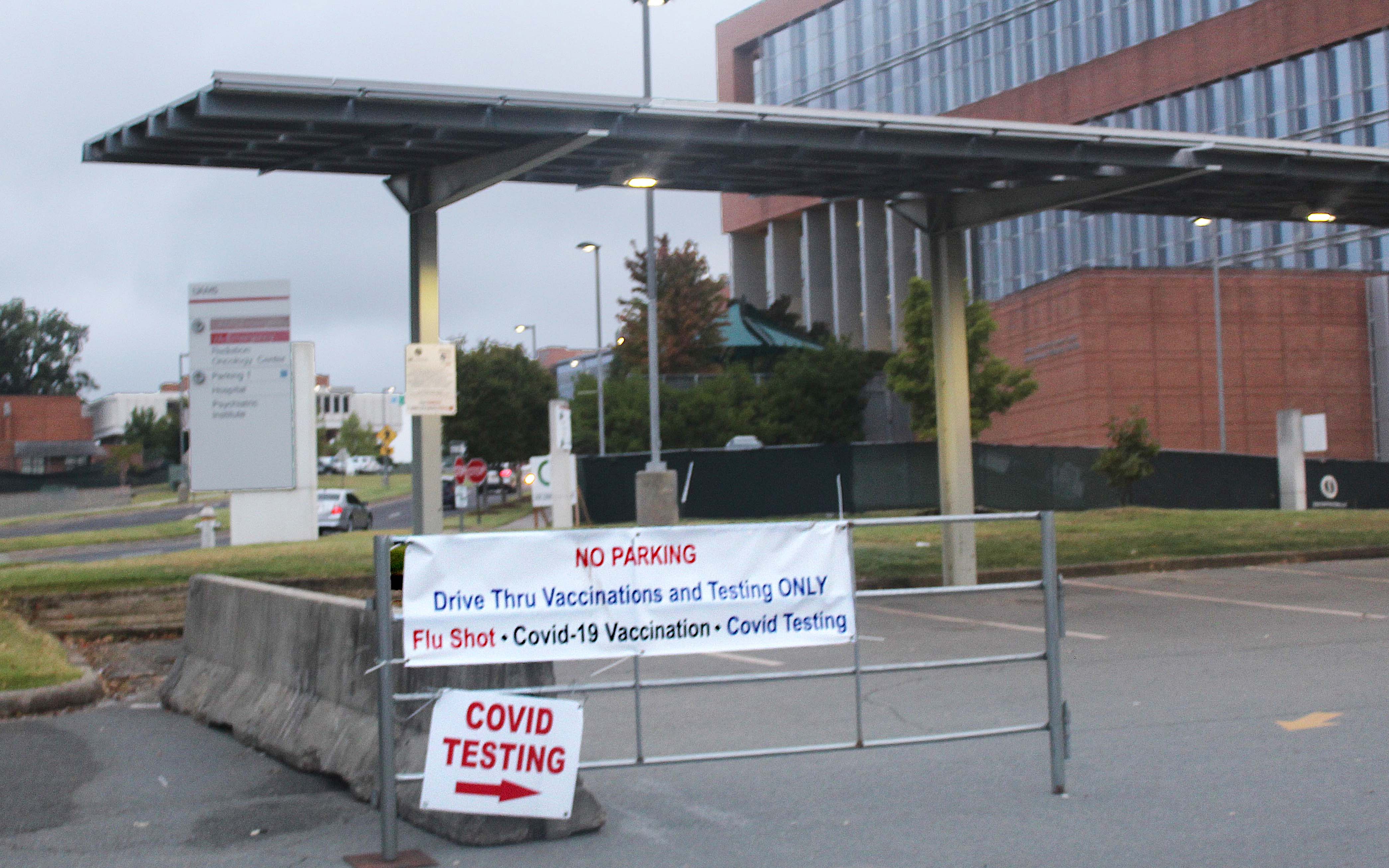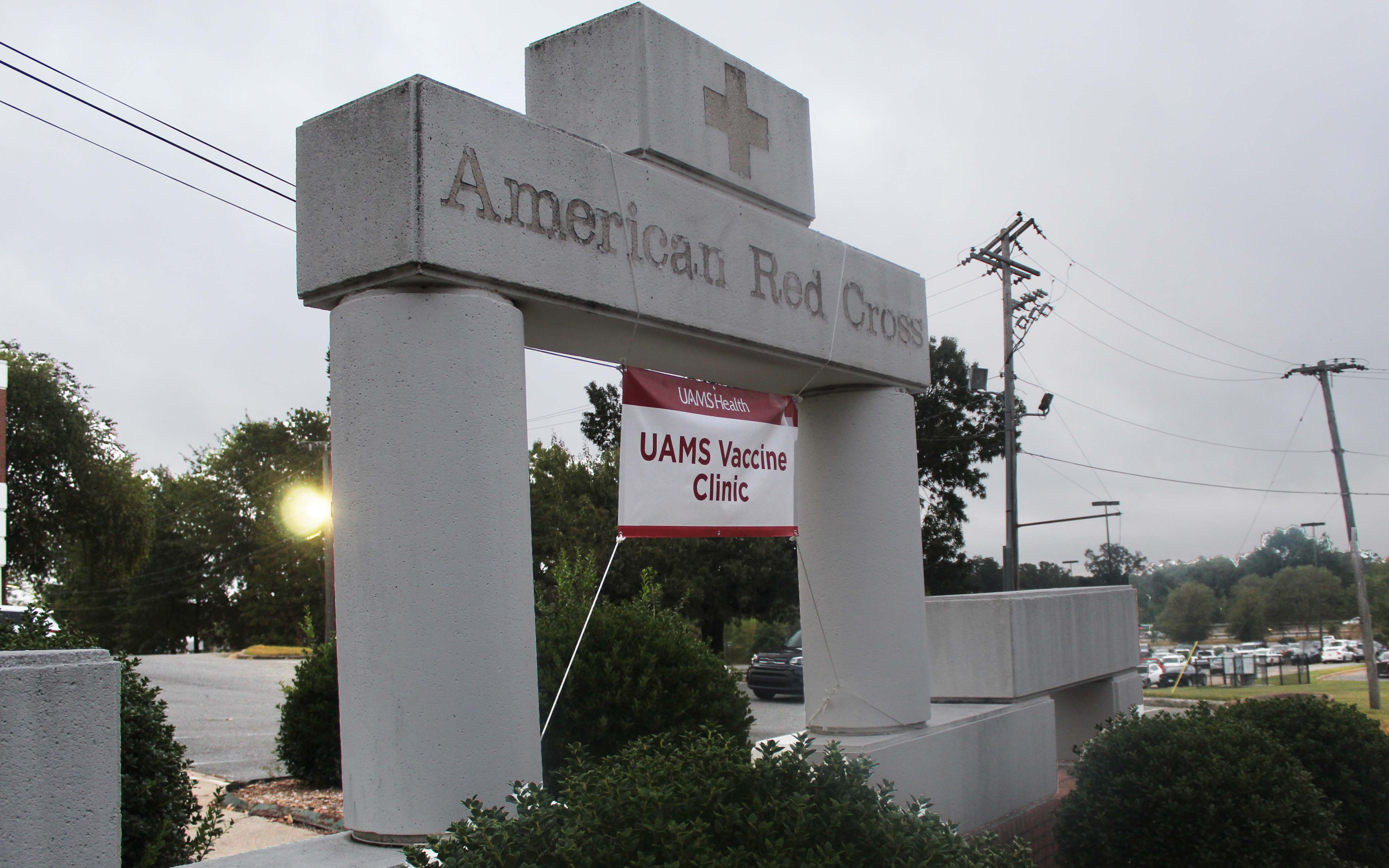Arkansas AG, legal experts trade jabs over President Biden’s vaccine mandate
October 4-10, 2021
By Dwain Hebda
In what the White House website entitles, “Path Out of The Pandemic,” President Joe Biden’s doctrine for getting the COVID pandemic under control begins with the chapter, “Vaccinating the Unvaccinated.” The entry spells out the president’s progress thus far in 2021, including claims of making more vaccine available starting in January and in July calling on private employers directly to encourage vaccination among workers.
On Sept. 9, President Biden showed the latest plank in this platform would go much farther than simply recommending private businesses mandate vaccinations for their employees on their own. Taking to the airwaves, he announced a requirement that all private companies with 100 employees or more require their employees be vaccinated under a new emergency rule to be issued by the U.S. Department of Labor.
The president scolded unvaccinated Americans as he made the announcement, calling the COVID situation, “a pandemic of the unvaccinated.”
“My message to unvaccinated Americans is this: What more is there to wait for? What more do you need to see?” he said. “We’ve made vaccinations free, safe and convenient. The vaccine is FDA approved. Over 200 million Americans have gotten at least one shot. We’ve been patient, but our patience is wearing thin.”
Almost immediately, predominantly conservative media outlets and state leaders made clear what it is they still need to see: the legality of such a mandate. Arkansas Gov. Asa Hutchinson called the president’s proposal “an unprecedented assumption of federal mandate authority,” and said his paternalistic tone only hardens the resolve of the anti-vaccination camp.
“This is a very serious, deadly virus and we’re all together in trying to get an increased level of vaccination out in the population,” Hutchinson said on Meet the Press on Sept. 12. “The problem is that I’m trying to overcome resistance, but the President’s actions in a mandate hardens the resistance.”
Two days later, Arkansas Attorney General and gubernatorial candidate Leslie Rutledge tweeted, “President Biden needs to lawyer up because I will see him in court as I vigorously defend Arkansans from his vaccine mandate.” Rutledge later elaborated that sentiment to The Daily Record via email.
“As the last line of defense for the rule of law, I have already challenged President Biden’s overreaching executive orders on topics like greenhouse gases, the Keystone Pipeline and the prohibition on offshore drilling and federal lands permits,” Rutledge wrote. “After the President announced his vaccine mandate, I immediately started working with my top attorneys to determine the appropriate path forward to protecting our citizens from this federal power grab.”
Asked about Arkansas companies that had already made the vaccine mandatory – including Tyson Foods and the state’s largest hospitals – Rutledge, who is vaccinated, went further.
“I have long stated that private companies should not implement vaccine mandates, instead Arkansans should get off Google and talk to their doctors,” she said. “However, I stand by the ability of private industry to set the terms of employment between the employee and the employer. Companies should have the ability to remain flexible in ever-changing market conditions including decisions related to a measured approach to health and safety.”
“A hallmark of Arkansas law and tradition is that the State should not interfere in these private contract matters. However, employees terminated for not receiving the vaccine should be afforded the opportunity to apply for temporary compensation. A nationwide mandate by President Biden is a broad overreach and flies in the face of our nation’s longstanding system of governance.”
Rutledge is not alone in her assertions – the same day as her tweet, Arizona became the first state to file a legal motion against the mandate – but the salient constitutional arguments are more complicated than they first appear, said John DiPippa, dean emeritus of the William H. Bowen School of Law at the University of Arkansas Little Rock.
“There’s no question that the federal government has the power to impose rules that make workplaces safer. That’s a longstanding position and it’s unquestionable they have the power to impose these conditions upon businesses,” he said. “In this instance, here’s what’s significant: Probably 40 years ago or so, Congress created the Occupational Safety and Health Act, delegating to the Labor Department the power to write rules that make workplaces safer and protect workers. Over the years, lots of those rules came into effect.
“[Congress] also said that in an emergency situation, the Department of Labor could create an emergency rule that might only be temporary, if there were a grave risk to workers’ health and safety. That’s what the president is using in this case; asking for an emergency rule because of the grave risk unvaccinated workers present to other workers at their place of employment.”
DiPippa said the most potent challenges to this motion come from one of three legal arguments. First, that Congress does not have the authority to invest such power in the Department of Labor that it already has. DiPippa sees that as an extremely hard argument to make.
“The first level of challenge, that Congress’s power doesn’t allow it to set workplace safety rules and that the whole thing would be on its face unconstitutional, that’s not likely to survive,” he said.
The second challenge is likely to contend that a constitutional law is being perverted for unconstitutional means.
“The argument would be that it’s one thing to protect workers from explosions in the mines or something, it’s a different thing to go beyond that and ask them to do something in order to even be employed,” DiPippa said. “The court has said in the Affordable Care Act case that Congress can’t create the circumstance that they’ll then regulate. So, Congress can’t require you to do something and then say, ‘Now that you’ve done it, you’re subject to our regulation.’ That’s what the constitutional challenge would be.”
DiPippa sees this as a stronger argument, but not one entirely indefensible by the government.
“I think the response would be interstate commerce would be gravely affected if people started getting sick and workplaces shut down and production cycles would be disrupted and the distribution and supply chains would be upset,” he said.
“Congress has a power to protect the movement of goods and interstate commerce by making sure that the workplace has healthy workers. So, all they’re doing is imposing a condition that allows them to ensure that goods and services will keep moving through interstate commerce.”
The third potential argument against the mandate speaks not to the legitimacy or authority of regulatory bodies, but to the application of said authority that violates its own rules or otherwise outstrips the letter of the statute itself.
“The other challenge is going to be not constitutional, but administrative. It will say that whatever the authority of Congress under the Commerce Clause is, the Department of Labor doesn’t have the authority to issue this kind of regulation, that the rules don’t allow them to do that in this case,” DiPippa said.
“There, the argument is going to be it’s one thing to say to a worker you have to wear a mask when you’re around dangerous chemicals or wear a back harness if you’re lifting heavy things. There, it is adding equipment. But it’s another to say to the worker you have to take some medicine, some vaccine, in order to even get into the workplace. You’re exceeding the regulatory authority to impose that compared to say, a mask requirement.
“I think it’s clear that the Department of Labor would have the authority to require workers to wear masks during the pandemic just like they have the authority to require them to wear masks around dangerous chemicals and other things,” continued the Bowen law school legal scholar. “The vaccine takes it to a different level that raises questions of whether or not the regulation would even allow that.”
DiPippa ranked the three challenges in order of legal merit, placing the administrative challenge first, followed by overapplication of the powers of the Labor Department and finally the prima facie constitutionality of those powers.
“I think the strongest challenge is going to come from the challenges to the regulatory authority because there are lots of procedural steps that the Department of Labor has to follow. And there are some substantive steps too,” he said. “They have to make an argument that the measure they’re taking, in this instance the vaccination, would substantially reduce this grave risk of contamination. They can’t just assert that. They’re going to have to prove it empirically. It may not be hard to do, but if they don’t do it right or if they leave a gap or something then that makes the bottom fall out.”
DiPippa continued: “There are hoops to jump through on the regulatory side that the Department of Labor could easily fail, and that’s been happening in some recent cases involving Biden administration efforts where courts have enjoined them, not on the constitutionality but because they didn’t follow the Administrative Procedures Act, or they exceeded their authority. To me, that’s the meatiest challenge.”
Biden’s ethically imperfect, messy situation
While constitutionality will ultimately dictate whether the mandate stands or falls, there are ethical considerations that can be debated as well, especially given that the thrust of the order lies in health care. Individuals being coerced by the State to accept a substance into their body as a means of self-preservation vis a vie employment, offers is a potentially thorny ethical argument, said Dr. D. Micah Hester, chair of the Department of Medical Humanities and Bioethics at University of Arkansas for Medical Sciences.
“This is really a question even beyond bioethics. This is a question of social-political ethics of how government should or can ethically operate and do their business, as it were, and is this part of the business?” he said. “The problem of ethics is solved by careful reflection, and this is such a complex issue that unfortunately judging ‘on the face of it’ won’t get us very far. It’s precisely because we’re all reacting ‘on the face of it’ that’s it’s actually very difficult to understand whether this is acceptable or not.
“Having said that, the answer is it certainly could be, which is not to say it absolutely is. It’s a harder question to ask of the State versus other entities whether or not governments, especially ‘democratic’ governments can make such mandates on their citizens.”
Hester said ethical questions present themselves on many levels, to the point of contradicting societal mores, norms and political ideology. Slavery was once codified as legal, yet remained inherently wrong, he said. Chasing absolute freedom satisfies the theory of democracy, but falls short of what’s realistic, to say nothing of the potential harm posed to others.
“Autonomy is always limited in life, not just by our government and society. There is no such thing as a kind of pure liberty and freedom,” he said. “The world never affords us the ability to do whatever we want, whenever we want to. That’s just not how the world works and how human beings are.”
“So, the real question is when are limiting certain kinds of liberties acceptable or not, not whether. In this case, does a pandemic of this magnitude warrant limiting some of our liberties in the case of say, vaccine mandates for the population? Well, I have to say my general public health kind of bias is, it probably does because of the scope of this pandemic.
“And at least the way the Biden mandate is worded, people still have a choice to get tested weekly rather than to get the vaccine,” Hester added. “So, there is a choice that means that nothing is injected into them if they don’t want it to be. It is annoying to get tested, but it’s hardly much of an annoyance relative to the overall social burden.”
Finally, Hester regards the president’s proposal to be, however ethically imperfect, a necessary solution to a messy situation brought about by equally unethical behavior on the part of those not taking the requisite steps to stem the disease.
“To be quite transparent about it, my response would be, I wish we wouldn’t have had to get to this point,” he said. “I guess what I would say is yes, if we had a society in which people got their vaccines without all of the protests, that they did the masks without all the protests and all that stuff; because they had a sense of the common good that transcended their sense of individual liberties for this purpose, then I would prefer not to have a mandate.”
“But when I heard [the announcement], and I’ve been living through this for the last year and a half as other health care professionals have, it didn’t strike me as problematic as it would have say, a year and a half ago. It probably would have helped stem the tide of this if we’d started with mandates early on, but yet a year and a half ago it would have been harder to swallow.”
PHOTO CAPTIONS:
1. and 2. UAMS is now offering third doses of the Pfizer COVID-19 vaccine to qualifying individuals at the Vaccine Clinic in Little Rock. (Photo by The Daily Record staff)
3. President Biden on Sept. 9 implemented a six-pronged, comprehensive national strategy that will require all employers with 100 or more employees to ensure their workforce is fully vaccinated, noting this requirement will impact over 80 million workers in the private sector.








